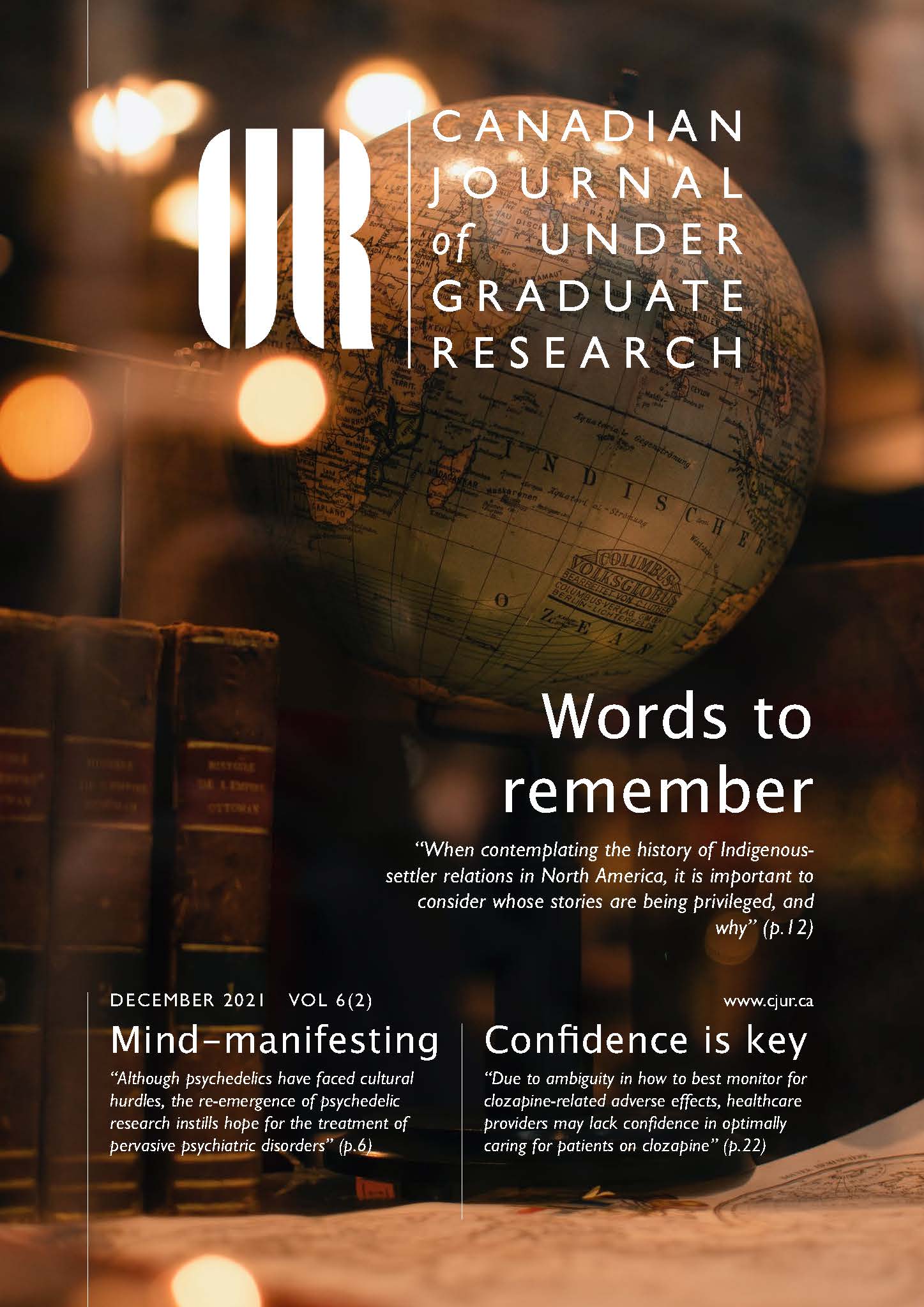An Investigation of the Psychosocial Impact of an Intense Outdoor Hiking Challenge on Young Adults
Qualitative and Quantitative Outcomes
Résumé
Background: The present study examined the psychosocial impact of an intense hiking challenge (including group adventure, nature, challenging physical activity, and reflection, all traditional aspects of adventure therapy) on healthy adults, using a mixed-method design. Method: Participants (N = 21) were recruited from a group of young adults completing a hiking challenge and completed self-report surveys (pre/post/1-month follow-up) to assess mindfulness, self-concept, resilience, self-efficacy, and depression, anxiety, and stress. Qualitative data was collected via photovoice interviews. Results: Linear mixed models revealed significant quadratic changes in depression symptoms, mindfulness, self-concept, and resilience generally reflecting a significant improvement pre- to post-hike and subsequent deterioration from post-hike to one month follow-up. Thematic coding of interviews revealed five key themes capturing participants’ experiences: ‘social connection’, ‘overcoming adversity’, ‘appreciation for nature’, ‘personal growth’, and ‘symbolic significance’. Conclusions: Quantitative and qualitative results suggest that physical activity-based outdoor experiences may contribute to enhanced wellbeing in the short-term among healthy adults, but that additional work is needed to determine how to extend these benefits long-term.
Publié-e
Numéro
Rubrique
Licence
Authors who publish with this journal agree to the following terms:
- Authors retain copyright and grant the journal right of first publication with the work simultaneously licensed under a Creative Commons Attribution License that allows others to share the work with an acknowledgement of the work's authorship and initial publication in this journal.
- Authors are able to enter into separate, additional contractual arrangements for the non-exclusive distribution of the journal's published version of the work (e.g., post it to an institutional repository or publish it in a book), with an acknowledgement of its initial publication in this journal.
- Authors are permitted and encouraged to post their work online (e.g., in institutional repositories or on their website) prior to and during the submission process, as it can lead to productive exchanges, as well as earlier and greater citation of published work (See The Effect of Open Access).

